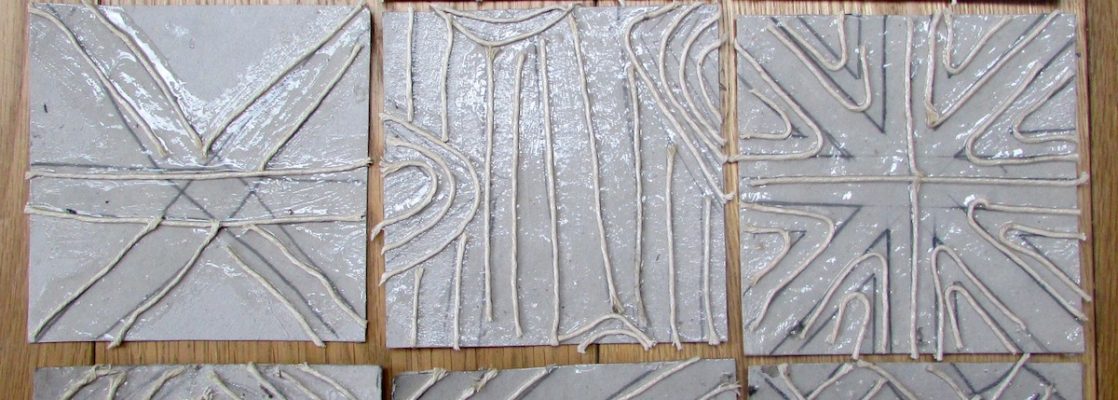
Relief printing, an age-old technique that originated in ancient China, has stood the test of time and continues to find relevance in today’s digital age. This traditional printing method involves carving a design into a block or plate, applying ink to the raised surface, and transferring the image onto paper or other materials. While relief printing may seem like a relic of the past, it has evolved and adapted to meet the demands of contemporary art, design, and commercial industries. In this article, we will explore how relief printing is used today and its significance in various fields.
- Fine Art and Printmaking:
Relief printing remains a popular choice among artists and printmakers due to its unique aesthetic qualities and versatility. Artists can create intricate and detailed designs by carving into materials such as linoleum, wood, or even synthetic materials like rubber. The relief printing process allows for the reproduction of multiple copies, making it ideal for producing limited edition prints. The tactile nature of relief prints adds depth and texture to the artwork, enhancing its visual appeal and creating a tangible connection between the artist and the viewer. - Graphic Design and Illustration:
In the realm of graphic design and illustration, relief printing offers a distinctive style that sets it apart from digital techniques. Designers and illustrators often incorporate relief prints into their work to add a touch of authenticity and craftsmanship. The bold lines and rich textures achieved through relief printing can evoke a sense of nostalgia or convey a specific mood that digital tools struggle to replicate. From book covers to packaging designs, relief printing adds a unique visual element that captures attention and leaves a lasting impression. - Packaging and Branding:
Relief printing has found a valuable place in the world of packaging and branding. Companies recognize the power of tactile experiences in creating memorable interactions with their products. By incorporating relief-printed elements into packaging designs, businesses can elevate their brand identity and create a sense of luxury or craftsmanship. Whether it’s embossed logos, textured patterns, or raised lettering, relief printing adds a tactile dimension that enhances the overall consumer experience and reinforces brand recognition. - Stationery and Letterpress Printing:
In an era dominated by digital communication, the art of handwritten notes and personalized stationery has not been forgotten. Relief printing, particularly in the form of letterpress printing, has experienced a resurgence in popularity. The deep impression left by relief-printed designs on high-quality paper exudes elegance and sophistication. From wedding invitations to business cards, letterpress printing offers a timeless charm that digital alternatives cannot replicate, making it a sought-after choice for those seeking a touch of tradition and craftsmanship. - Textile and Surface Design:
Relief printing has also found its way into the realm of textile and surface design. By using relief-printed blocks or plates, designers can create intricate patterns and motifs on fabric, wallpaper, or other surfaces. This technique allows for the production of unique and visually striking designs that can be replicated on a large scale. From fashion to interior design, relief printing offers endless possibilities for creating captivating and original patterns that add depth and character to various surfaces.
In conclusion, relief printing has evolved from its ancient origins to become a versatile and relevant technique in today’s creative industries. Its ability to create visually appealing, tactile, and unique designs sets it apart from digital alternatives. Whether in fine art, graphic design, packaging, stationery, or textile design, relief printing continues to captivate and inspire. As we embrace the digital age, relief printing reminds us of the enduring power of traditional craftsmanship and the importance of tangible experiences in a world dominated by screens and pixels.

